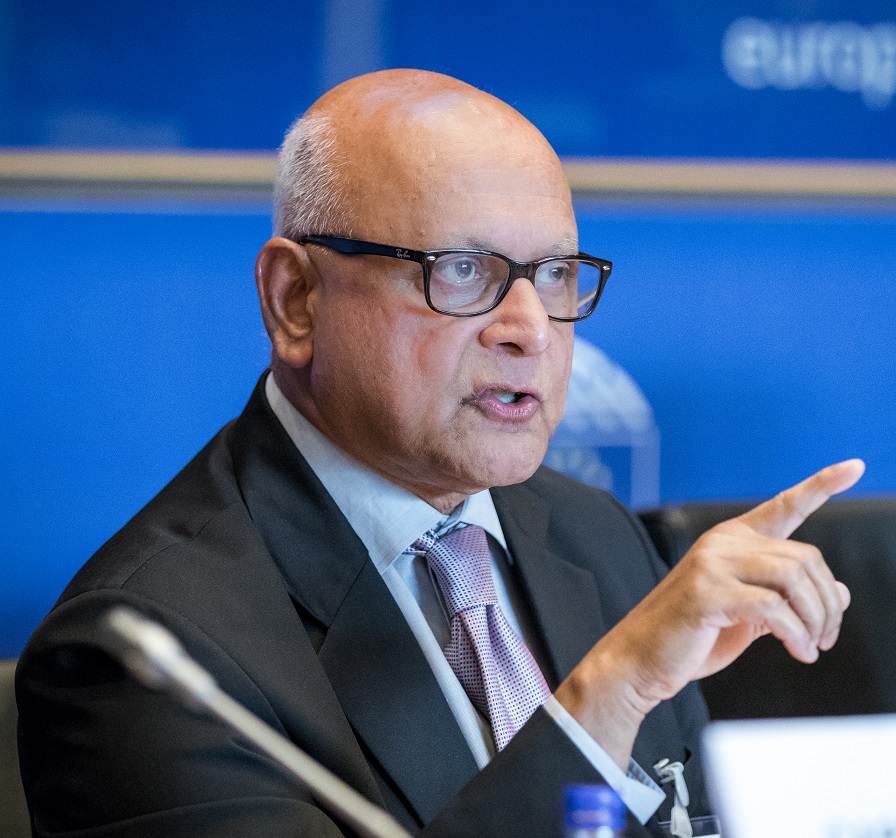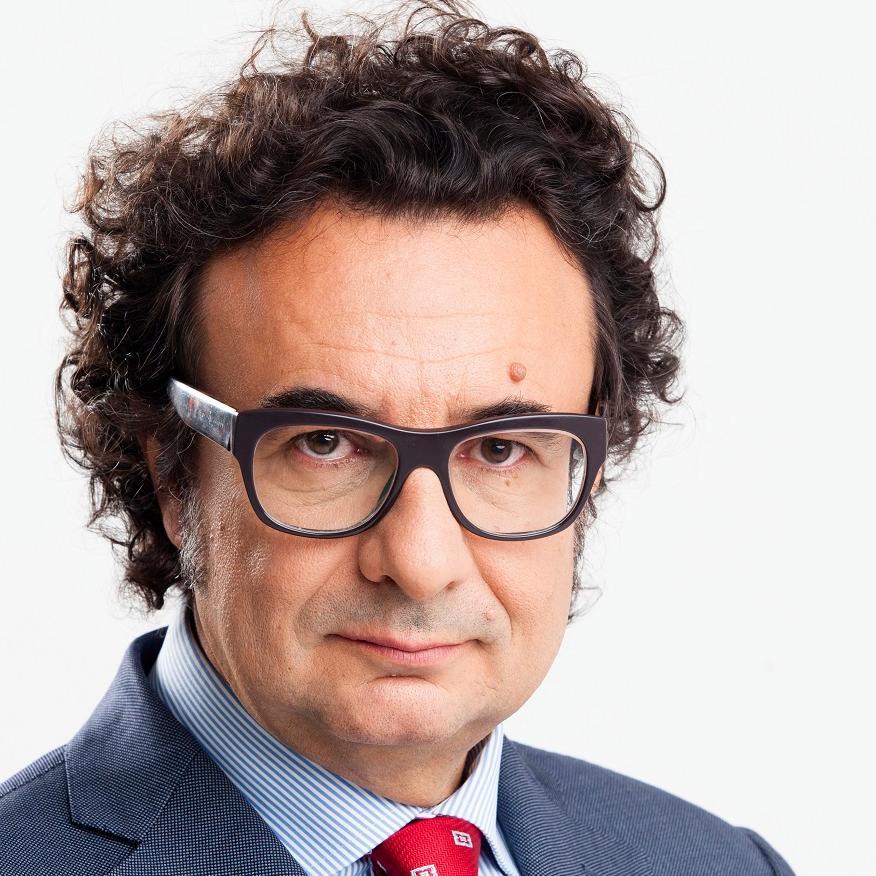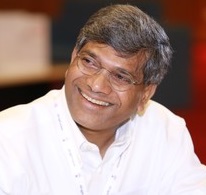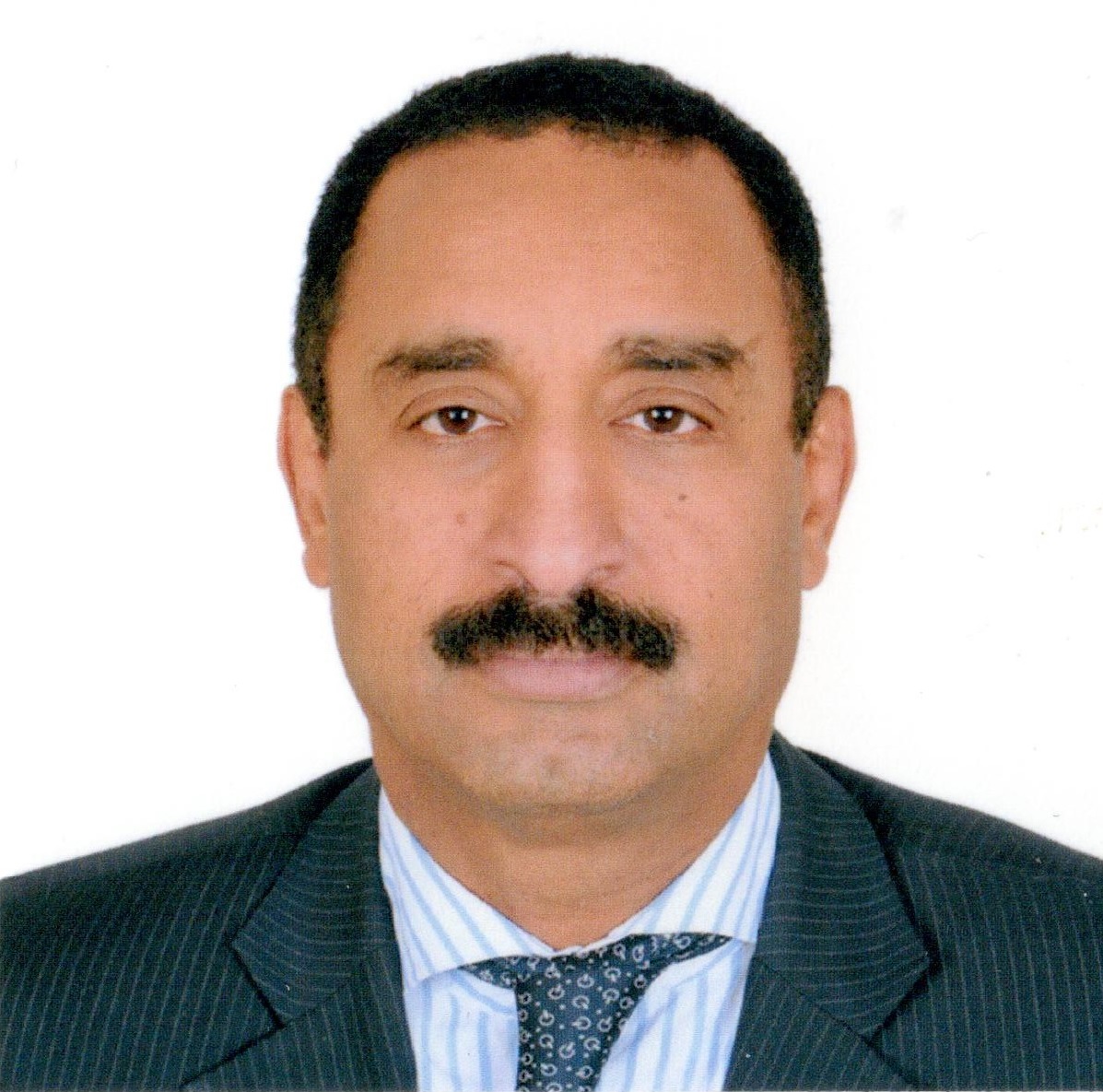How SMEs could leverage sustainability to drive innovation
Sustainability increasingly sits at the epicenter of discourse with policy makers, companies and consumers. But the topic is often shrouded in a lack of clarity and misconceptions are rife; for example, that pursuing the aim of sustainability is necessarily challenging and costly.
We believe that sustainability should not be feared, but that it presents companies with a unique driver for innovation. We would like to outline our view on sustainability, consider what it means for the economy and firms alike and share some best practices.
Equally, we will give an overview of our holistic approach as well as the IMP³rove Stages-of-Excellence tool, which can be used to support companies in leveraging sustainability for innovation to gain a competitive advantage in an increasingly crowded marketplace.
Read the insights here.
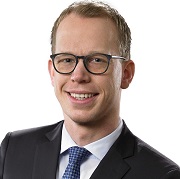
Relator: Mr. Martin Ruppert
Managing Director, IMP³rove – European Innovation Management Academy , GermanyMartin Ruppert is Managing Director of IMP³rove – European Innovation Management Academy and core team member of the Innovation and R&D Management practice at A.T. Kearney. Building on various consulting projects, he has comprehensive experience in innovation management, ranging from the review of innovation strategy and innovation portfolio to the development of innovative business models. He worked in Europe, the Middle East, and in Asia-Pacific. Martin is author of numerous publications on innovation management and co-author of the Global Innovation Index reports in 2015 and 2016. He has been seconded to the World Economic Forum to manage the project “Fostering Innovation-Driven Entrepreneurship in Europe” and was advisor for the project “Collaborative Innovation – Transforming Business, Driving Growth”.

